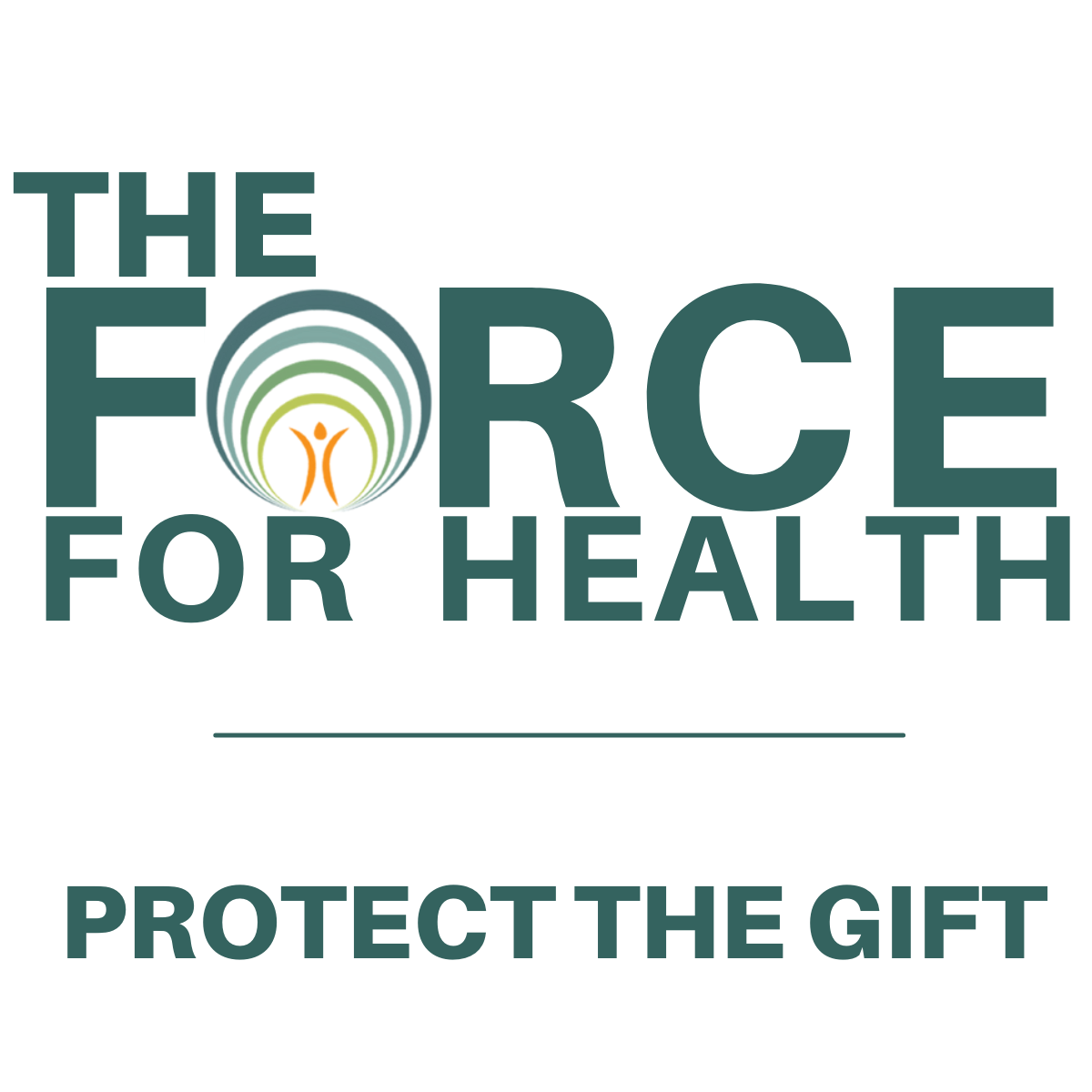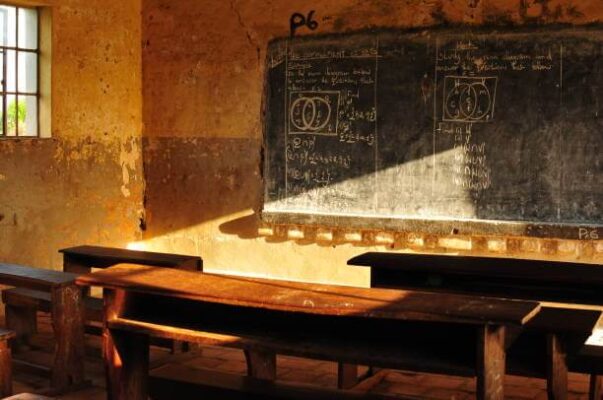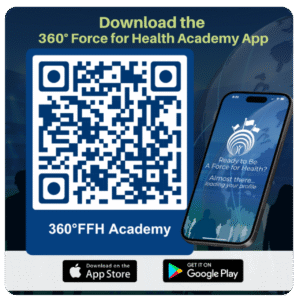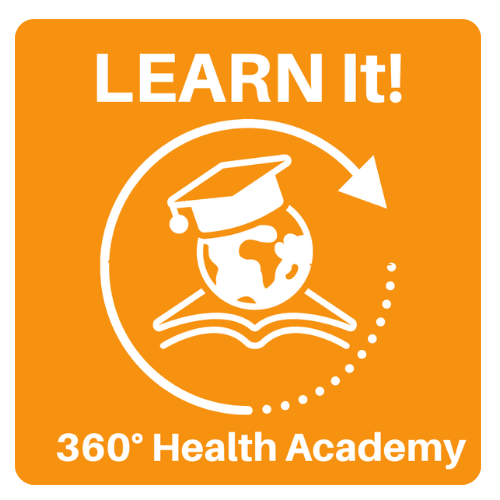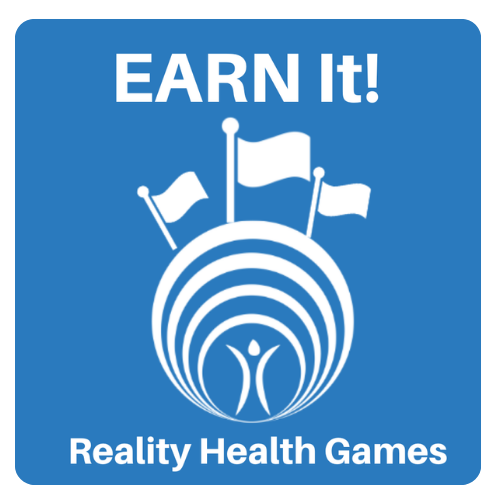-
Education for Our Times
The critical need everywhere in the world is for education to prepare students to lead successful, fulfilling lives. In today’s world, this means providing them with relevant educational experiences that nurture their passions, problem-solving abilities, and higher level thinking skills, including critical thinking and creativity. The best solutions involve teachers, students, schools, and whole communities.
However, a primary goal of education is to prepare students for success in adult life, and while our 21st century world has seen .changes that no one would have envisaged even 20 years ago, the classroom and curriculum that evolved with mass education have not adapted. Methodologies that worked when routine jobs were in high demand still dominate.Creativity and the Emotional Side of Learning
Humans are natural learners. The challenge, and a primary goal of education, must be to nurture already curious, flexible, creative, and potentially critical thinkers – to keep their natural predisposition for learning alive throughout their school lives and beyond. Too often we underestimate the innate creativity of young people, and multiple studies have shown a clear link between what teachers expect and what students accomplish.Educating the Whole Child
In Counting What Counts, education scholar I can points out that non-academic skills such as personality, emotions, empathy, and metacognitive skills such as curiosity and self-efficacy, though they are not an inherent part of any subject-specific curricula or classroom instruction, are crucial to the long-term well-being of individuals, the ultimate purpose of education. We now have sufficient knowledge about human development, to develop “practices and systematic efforts in the school environment, so that students can develop the potential they were born with through attentive nurturing that educators are able to provide.”

